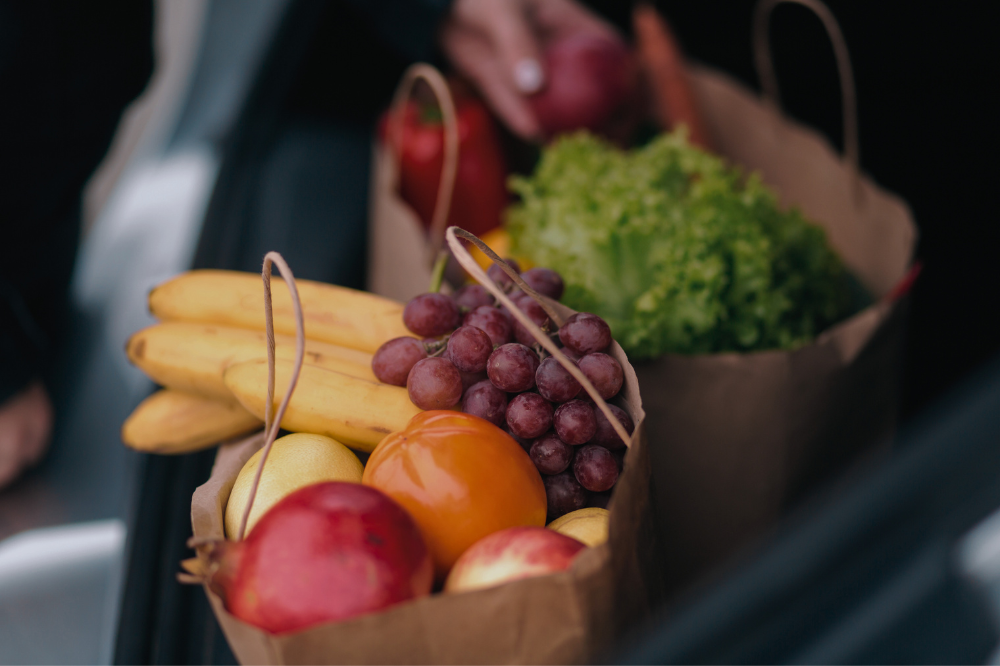It’s becoming harder for South Africans to avoid debts! A report shows that they are even borrowing money to buy groceries!
South Africans are finding it increasingly difficult to keep up with the rising costs of living, often resorting to borrowing money just to buy groceries and going into debt for it. A report from FinMark Trust’s annual FinScope Consumer South Africa of 2023, revealed that 40% of adults in South Africa rely on loans to purchase food.
This data aligns with findings from the Pietermaritzburg Economic Justice & Dignity Group (PMBEJD), whose monthly household affordability index for April showed that the average household basket with essential items costs R5,336.31. This represents a R58.38 (1.1%) month-on-month increase compared to March and a significant 6.2% (R312.26) increase compared to April of the previous year.
The rise in April’s household food costs was mainly due to increased prices of vegetables, particularly onions, according to PMBEJD’s report. While 17 food prices went down, other 27 went up, making it harder for households to manage.
Given that the national minimum wage stands at R27.58 per hour, which equals R4 633.44 for the typical 21-day workmonth, many individuals find it nearly impossible to afford the average household food basket. Even with social grants supporting 30 million (68%) of South Africans, as FinMark’s report reveals, these funds often fall short of covering basic needs.
For example, the child support grant is R530, while the average cost of a basic nutritious diet for children is R959.38. This leaves many families struggling to provide adequate nutrition for their children, as the grant falls 30% below the food poverty line and 45% below the average cost needed to ensure a basic nutritional basket.
Additionally, FinMark’s report exposes other financial challenges faced by South Africans. Nearly 20 million struggle to pay for electricity, and 29 million (86%) of economically active adults lack retirement plans.
Overall, only 24% of South Africans are considered financially healthy, indicating a decline from previous years. With 43% classified as financially coping and 33% as financially vulnerable, it’s evident that many are facing significant financial strain.
If you want to check out more news and financial tips on our website, you can click on this link!

